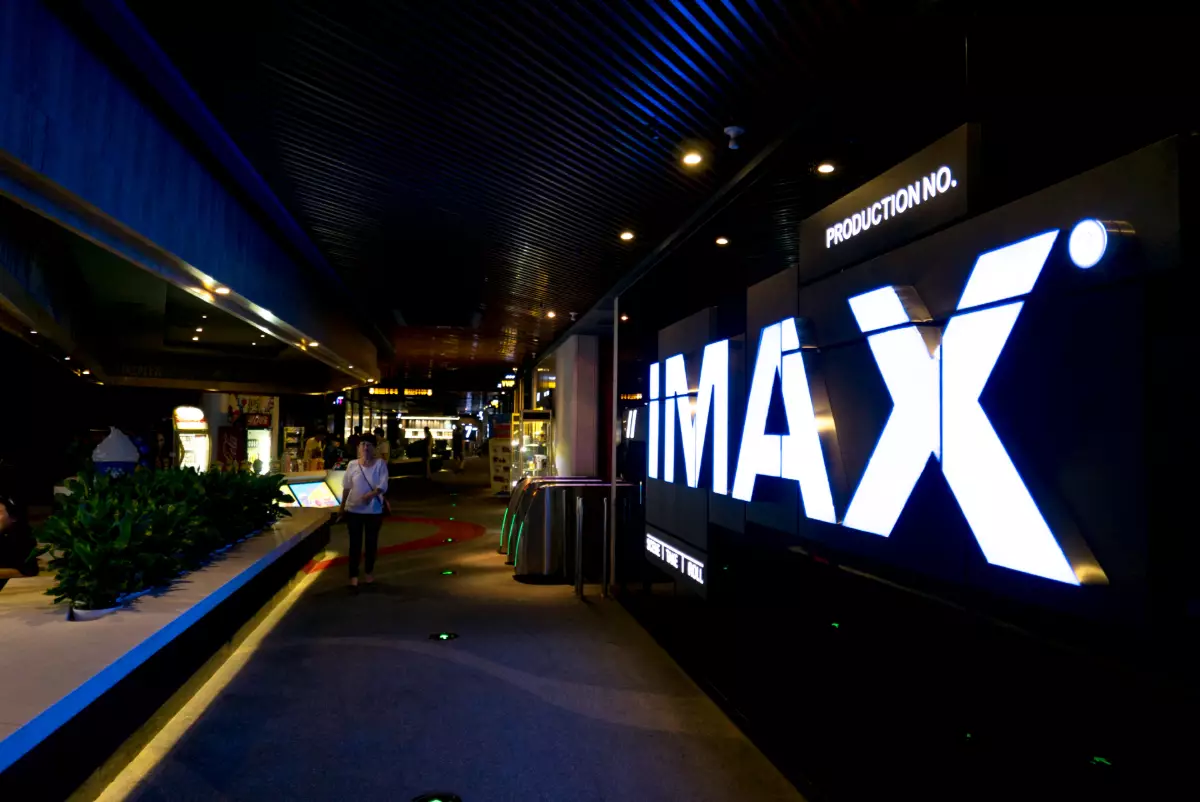The entertainment landscape is undergoing a significant transformation. With global content consumption on an upward trajectory, the appetite for non-English language films and shows is steadily eclipsing that for traditional English-language offerings. This evolving preference is not confined merely to markets where English is the primary language. In countries like the United States, the United Kingdom, Australia, and Canada, the demand for non-English content is surging. In fact, Netflix reported an astounding 90% increase in viewership of non-English programming in the U.K. alone over the past three years. Such seismic shifts underscore the necessity for content creators and distributors to adapt their strategies to align with this evolving demand.
As the entertainment and media sector burgeons, with projections indicating a growth from $2.8 trillion in 2023 to an estimated $3.4 trillion within five years—a compound annual growth rate of roughly 4%—companies are seeking innovative solutions to attract wider audiences. This surge in non-English content consumption signals a golden opportunity for organizations like IMAX to leverage technology, particularly artificial intelligence, to enhance their offerings.
Recognizing the shifting tides in viewer preferences, IMAX has strategically positioned itself to harness artificial intelligence in an effort to scale its localization efforts. This Canadian company, renowned for its monumental theaters and immersive cinematic experiences, has taken a decisive step towards accommodating a more diverse audience. Recently, IMAX announced a pioneering partnership with Camb.ai, a Dubai-based startup specializing in AI-driven localization technologies.
Camb.ai has developed cutting-edge solutions tailored for real-time speech translation and dubbing. Their robust AI models—specifically, the Boli model for speech-to-text translation and the Mars model for speech emulation—are set to transform how original content, including documentaries and feature films, reaches global viewers. By employing these models through Camb.ai’s DubStudio platform, IMAX aims to bridge language barriers and capture the interest of non-English-speaking audiences.
Camb.ai, although relatively new in the tech landscape, brings an impressive set of capabilities to the table. The startup’s AI technology is distinctive; it emphasizes specialization in its models with fewer than 100 million parameters. This focus allows them to provide highly refined solutions that cater to specific language tasks, distinguishing themselves from other companies that employ a more expansive approach.
According to Akshat Prakash, the co-founder and CTO of Camb.ai, their models are pretrained using academic-licensed datasets, ensuring commercial usability while maintaining quality. In an era where data scraping from the internet is rampant, Camb.ai adopts a conscientious approach to data sourcing. Their measured, ethical strategy resonates with growing public concerns surrounding data privacy and responsible AI development.
Moreover, Camb.ai’s technology uses a sophisticated “three-layer” design: it encompasses foundational AI models, a robust infrastructure to host these models, and the DubStudio interface for user interaction. Its flagship Boli model is engineered to translate spoken content while preserving nuanced performances. This retention of context, including background sounds and audience reactions, enhances the authenticity of the translated material.
As IMAX embarks on its journey of AI implementation, it is clear that the process will be rolled out in phases, starting with high-resource languages. This cautious yet strategic approach allows for thorough testing and refinement, ensuring that the technology meets the high standards expected from an IMAX experience. While specific financial implications were not disclosed, the potential for reduced translation costs is a key benefit that IMAX anticipates.
As part of this collaborative endeavor, the internal testing of Camb.ai’s models on IMAX’s original content has already shown promise. Mark Welton, President of IMAX Global, indicated a commitment to deeply exploring how Camb.ai’s technology can reshape their future strategies.
The Road Ahead: Implications for the Entertainment Industry
This partnership between IMAX and Camb.ai marks an important milestone not only for the companies involved but also for the entertainment industry at large. As more organizations look to diversify their content to tap into global markets, the reliance on artificial intelligence for localization will likely become a standard practice. The streamlining of translation processes, coupled with the enhancement of viewer experience, represents a fundamental shift in how content is produced and consumed.
Furthermore, with Camb.ai recently raising $4 million in a seed round, it is poised to expand its operations and talent pool, enhancing its capabilities to support various content providers looking to embrace this wave of localization. As the world becomes increasingly interconnected through technology and media, it is companies like IMAX and Camb.ai that will lead the vanguard in shaping a more accessible and inclusive entertainment landscape.

